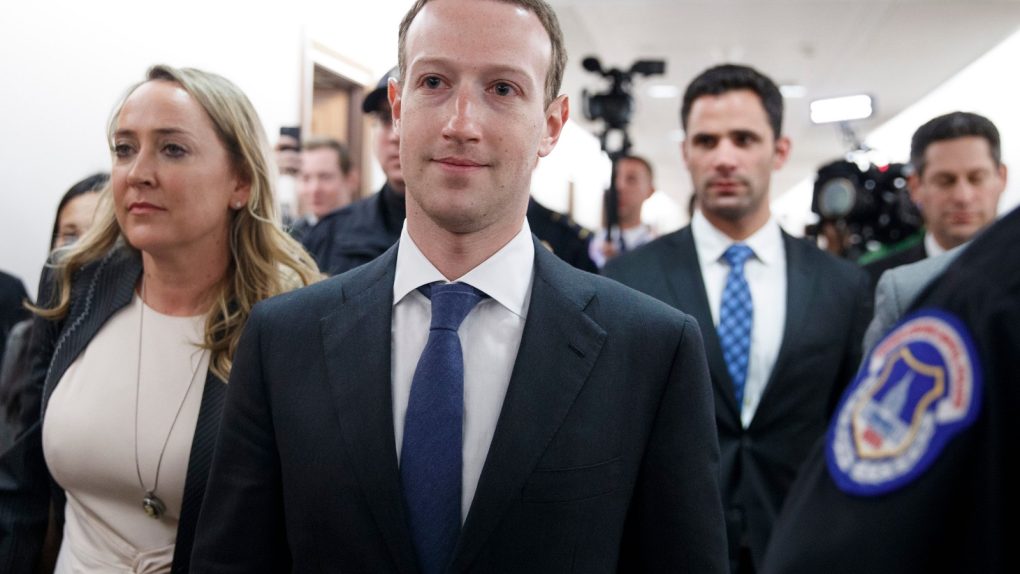Picture this: Someone needs an emergency contact phone number from you. Let’s say it’s an employer. So you cough it up, expecting it to rarely if ever be used, and you think no more about it. Come to find out, though, that person later took your number that was only supposed to be used in the rarest of circumstances — and started handing it out freely to, let’s say, a bunch of telemarketers.
Facebook has landed in hot water yet again over a version of that same scenario. In this case, Facebook is taking the phone number you provided for two-factor authentication to secure your account and is using that to target ads to you.
“You gave Facebook your number for security,” an Electronic Frontier Foundation post lamented. “They used it for ads.”
Look, part of this of course shouldn’t come as a surprise, since Facebook has long made clear its monetization ambitions can be stopped by no man. And there are apparently no limits on the data points about you that Facebook will use to try to squeeze another buck out of. But, still. Not only is Facebook taking information you handed over to keep your account secure and using said data to make money — Facebook actually admits that it does this.
Here’s a statement the company gave to TechCrunch: “We use the information people provide to offer a better, more personalized experience on Facebook, including ads. We are clear about how we use the information we collect, including the contact information that people upload or add to their own accounts. You can manage and delete the contact information you’ve uploaded at any time.”
Facebook also told TechCrunch, essentially — don’t want us to repurpose the 2fa phone number you gave us to target ads to you? Well, friend-o, then keep your phone number to yourself.
It’s these kinds of things that have generated such bad blood against Facebook to the degree that some people are quietly cheering on and waiting to see what the result will be on Sunday from the hacker who’s promised to delete Mark Zuckerberg’s Facebook page. Something that hacker has promised to broadcast on Facebook Live.
In related news, Facebook is also apparently using information about you that you’ve never given the company at all — information that you can’t even see the company has or can tweak, no less — to likewise target ads against you. That’s according to Kashmir Hill with Gizmodo.
“If User A, whom we’ll call Anna, shares her contacts with Facebook, including a previously unknown phone number for User B, whom we’ll call Ben, advertisers will be able to target Ben with an ad using that phone number, which I call ‘shadow contact information,’ about a month later,” she reports.
The EFF picks up the thread from there: “This means that, even if you never directly handed a particular phone number over to Facebook, advertisers may nevertheless be able to associate it with your account based on your friends’ phone books.”
None of that data is accessible to users, and European users can’t access it despite GDPR requirements that users have a right to know what information a company has accumulated about them.
No wonder founders of companies’ that Facebook has acquired are bolting right and left, frustrated over meddling from the company’s CEO in tandem with an all-encompassing push to monetize user data that apparently knows no bounds.








